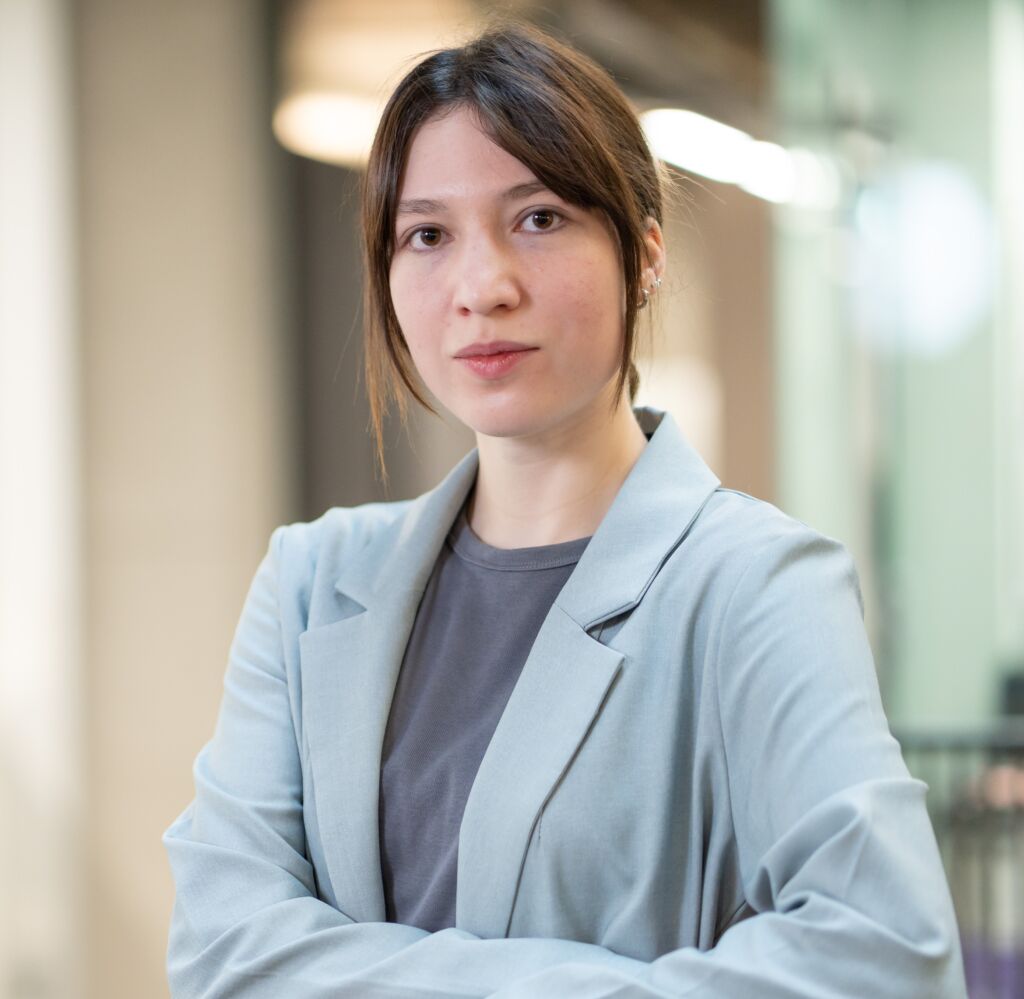Human Rights and Technology
In a digitally connected world, the question of how to respect, protect and implement human rights has become unavoidable. As ever more human beings, organizational systems and technical devices transition online, realizing human rights in online settings is becoming ever more pressing. When looking at basic human rights such as freedom of expression, privacy, free assembly, the right to a fair trial or free and fair elections, all of these are heavily impacted by new information and communications technologies.
Questions around what can be said online and how online platforms shape societal debates have become highly relevant both for the role of technology in society and democracy more broadly. These questions raise considerable challenges for the public sector. Do digital public infrastructures reflect democratic values? What do free and fair elections look like in the digital age? In studying these issues at the Human Rights and Technology Research Group at IT:U, we bring together social and political sciences, computer science, STS and law to radically re-imagine the regulation of digital technologies.
These questions also raise challenges for businesses and industry. How are ever new layers of technology regulation implemented by the private sector? Is the empirical implementation of regulatory frameworks in line with what was intended? Could technology regulatory frameworks be designed more efficiently or effectively? What unintended consequences of regulation develop over time?
At the Human Rights and Technology Research Group at IT:U, we will study these questions with a focus on democratic digital transformations and socio-legal systems.

 Ben Wagner
Ben Wagner


